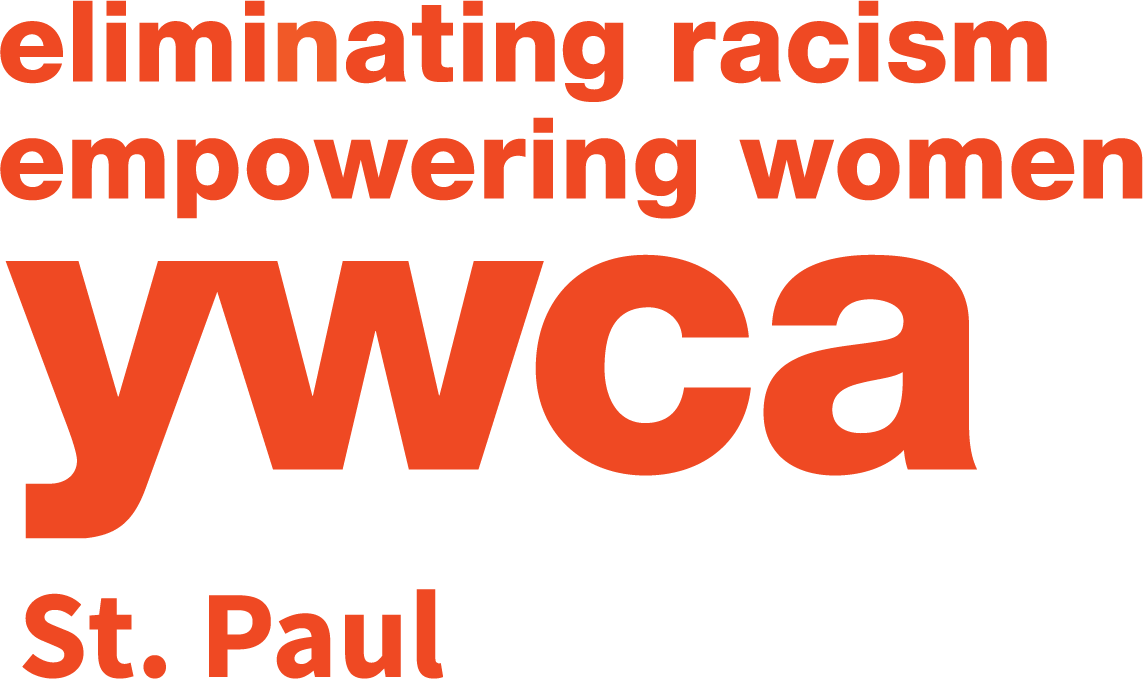Meet Jacki Trelawny, Director of Community Engagement at St. Paul’s Family Tree Clinic. As a parent educator, she works with parents to equip them with practical tools to support healthy conversations with kids. Trelawny teaches parents to start early, from age 0 to five, lessons about basic anatomy, learning, and using the correct names for private body parts. Using nicknames can be confusing for kids. Teaching about privacy, boundaries, healthy touch, how babies are made (in very general age-appropriate terms).
There are distinct stages for different ages, but at birth, teaching body parts with correct anatomical names helps kids have a positive holistic view of sexual health. “There is such a cultural taboo around talking about sexual health, but if we can lean into these cultural taboos and make conversations normalized, we [Family Tree] believe sexual education can save the world,” said Trelawny.

“When people have the ability to claim themselves and know their boundaries; the confidence of knowing who they are, they find confidence, and that is so empowering,” said Trelawny. She explains that for middle school-aged boys in particular, often teasing can lead to name-calling, and for boys with confidence in knowing themselves, the comment does not feel emasculating.
“Young people have an innate sense of justice and kindness. It is not like generations before. This time in history is a turning point, and middle school is such a special time,” said Trelawny. Traditionally, culture has given us such awful messages that our bodies are not ok, that ‘boys don’t cry,’ but if we change the vernacular at age 0 into learning about sexual health and being comfortable with who we are, these cultural norms will change.
Trelawny has been working with families at YWCA St. Paul, teaching them these practical lessons they can pass on to their children.
With support from Eliminating Health Disparities Initiative Grant, research has shown that intersectional Black communities experience health disparities not because of identities, but systems. Rooted in the knowledge that complex and historical systems of oppression are the main barriers for accessing health care by socially marginalized communities, pathways for access to health care are supported through these grants at Family Tree Clinic. Family Tree Clinic also believes that education is a tool for prevention and better overall health.
